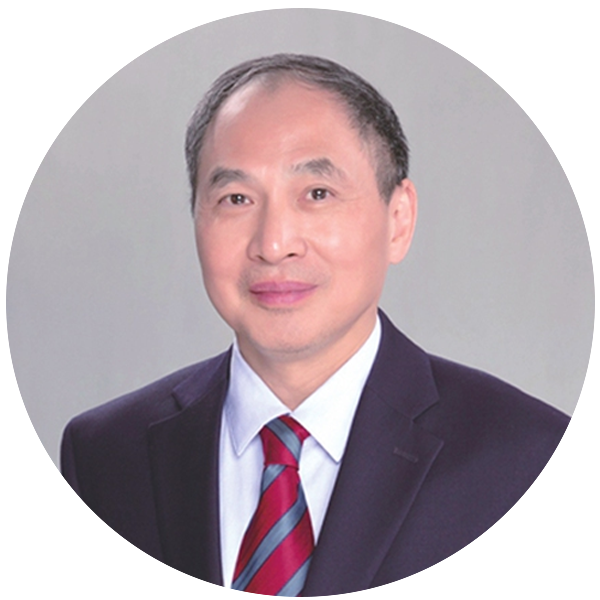Some scholars in the West as well as from China itself have predicted the demise of the CPC, China's ruling party, especially in the early years since the political incident in 1989.
More than two decades have passed, and people have witnessed the CPC's continuing survival and expansion and seen the country develop with economic miracles.
While it is true that the CPC is facing mounting problems behind the economic success it has created, it is important and meaningful to ask why it has survived and developed.
The essence is that it has learned to reinvent itself by setting up new sets of institutions to adapt to new environments.
In the past three decades, the CPC has transformed from a one-party personal authoritarian rule to an increasingly open party system.
This differentiates it drastically from other communist parties in the Eastern bloc before they collapsed.
To avoid the misfortune of party collapse, the CPC has chosen a different way by opening up the political process to all social and interest groups. Due to this approach, China has evolved into an open party system under one-party rule.
Openness is becoming an important feature of China's party system. Any political system that is not open will become exclusive and closed.
In the West, political openness materializes through what I call "external pluralism," i.e. multi-party politics, in which each kind of interest can find representation in a political party.
In China, political openness is realized through a set of mechanisms that I call "internal pluralism," which means the openness of the ruling party.
When different interests emerge in society, the ruling party opens itself to them, absorbing them into the regime and representing their interests through different institutions and mechanisms.
Another feature of China's party system is it has facilitated the rapid alternation of political elite in a highly institutionalized manner.
The nature of democracy in the West is to realize peaceful alternation of political elites through periodical elections. China has steadfastly refused to follow the path of Western democracy; instead, it has developed a very different system of power succession.
The late Chinese leader Deng Xiaoping was successful in establishing a number of important political institutions, including collective leadership or "intra-Party democracy," which ensures checks and balances in the highest leadership of the CPC.
Meanwhile, although the CPC continues to oppose any Western style of democracy, it has accommodated different elements from democracy, such as intra-Party voting, decentralization and political consultation.
It is worthwhile to mention another important feature of China's political party system, namely, its conduciveness to prompt policy changes.
In many democracies, opposition parties no longer perform constructive roles; instead, they oppose merely for the sake of opposing. Under such circumstances, substantial policy changes often become very difficult.
This is not the case in China. Although Chinese society often complains that the ruling party is too slow in making policy changes, they are actually implemented on a more rapid basis than other political systems.
From the 1980s to the 1990s and to this century, China has achieved several significant policy changes. It will be difficult to understand the huge changes in China in these decades without taking into account the ruling party's immense ability to respond to situations with appropriate policy changes.
All these changes have so far enabled the CPC to remain open. Through the newly designed institutions such as the Central Leading Group on Comprehensively Deepening Reforms and the State Security Committee that aim at deepening reforms, China may well have the best leadership team in place.
China has a right to explore its own political path. It is good not only for China itself, but also for other countries, particularly the developing world.
In an age of democratic crisis in both the developed West and the developing world, China's institutional experiment is becoming particularly meaningful. Its experiment may shed useful lessons for other countries.
The author is director of the East Asian Institute at the National University of Singapore. opinion@globaltimes.com.cn

